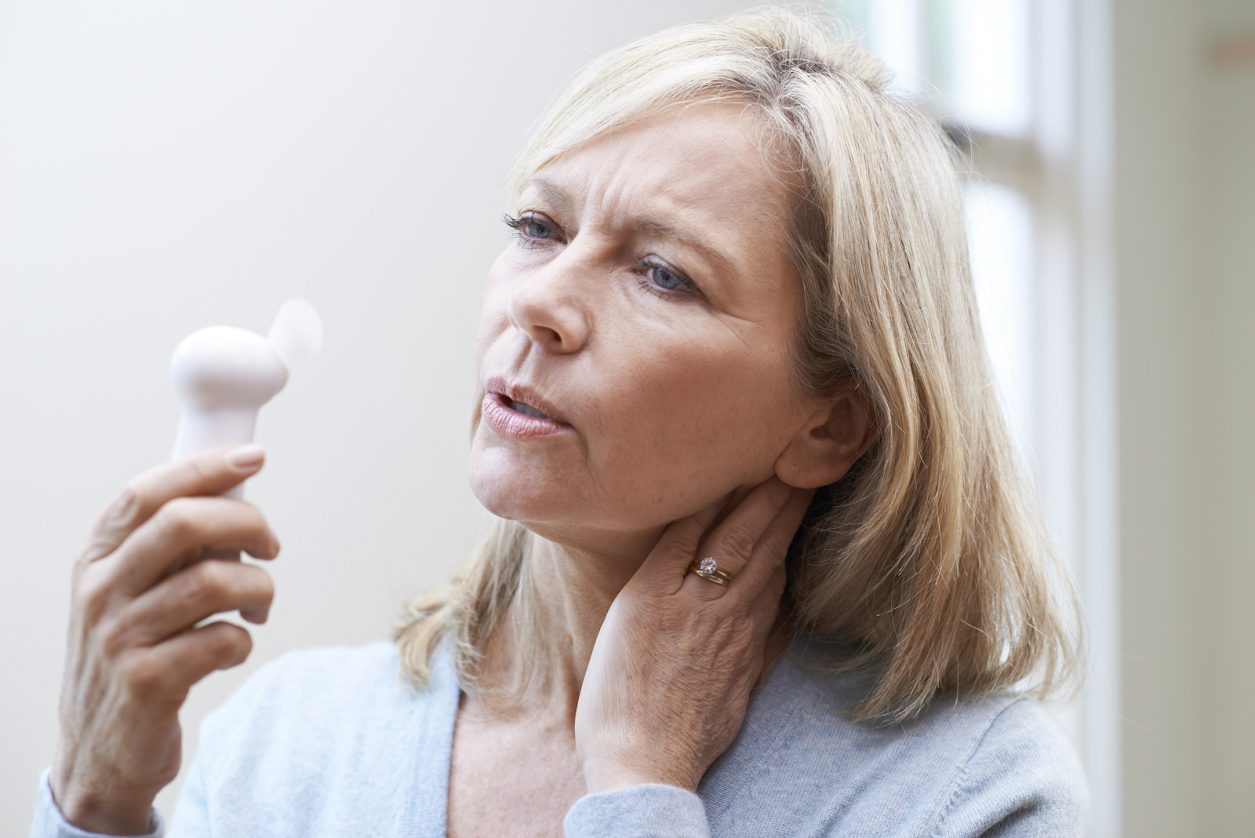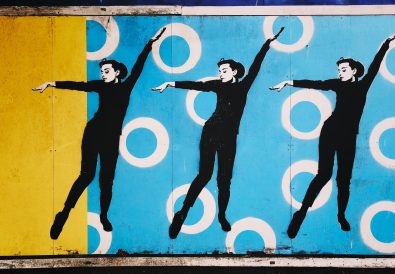
Menopausal symptoms are something that every woman will suffer. Menopause is the process by which the body becomes no longer fertile and a woman’s ovulation cycle ceases to function.
The transition from fertile life to infertility carries certain symptoms that can be troublesome for the people who suffer from them. If you are experiencing some nasty side effects of going through menopause then you are likely looking for relief.
Luckily, there are a few different ways that you can find some relief when you are experiencing extreme menopausal symptoms. The following seven tips are all entirely natural and do not require you to go to a doctor.
You can take care of these at home with equipment that you already unless likely. Most of them are simple lifestyle changes, but the more you can commit to adopting, the more relief you can expect to experience from your symptoms.
Stay well hydrated
Many of these menoapusal symptoms are worsened if you are in a state of dehydration.
Avoid entering into such a state by regularly drinking 8-ounce glasses of water throughout the day. By the end of the day, we recommend that you see him at least eight 8 ounce glasses of water to maintain proper hydration levels.
Menopause supplements
Probiotics have been touted as a potential cure for probiotics that have been touted as a cure for symptoms of menopause.
Menopause probiotics supplements are incredibly helpful for the health of your gut. They will allow you to easily maintain a healthy got Byam, which can directly affect your mood through the gut-brain axis.
Avoid processed foods
Processed foods can leave you feeling bloated and heavy even if you are not going through menopause, and it is not made any better once you are.
Eating processed foods is unhealthy for you in many ways, and you will certainly find through your menopause experience that certain foods will likely trigger certain symptoms such as hot flashes or night sweats.
Once you can determine which of these foods is the source of the problem, you can begin to avoid it and hopefully limit your experience of side effects.
Go to the gym regularly
Working out is one of the most effective ways of maintaining your health, bone density, and muscle mass into old age. When you exercise, you can expect to experience better sleep and less stress along with healthier joints and bones and more range of motion.
It does not take too much exercise to experience significant positive effects, either. As little as 20 minutes, three days a week has been shown in scientific studies to produce positive results in patients.
Increase consumption of phytoestrogens
Phytoestrogens are an important type of compound found within certain types of plants. As the body goes into menopause, your estrogen production ceases to work or is, at the very least, severely limited in its production of estrogen.
Luckily some foods such as tofu and soybeans contain things called Phytoestrogens. There’s actually can’t behave the same way in your body as regular estrogen and can help reduce the experience of hot flashes or other menopause symptoms.
Eat a high protein diet
Some women begin to lose large amounts of their muscle mass once they reach the age of menopause. If you do not want to grow into a frail older woman who can hardly move without breaking something, you need to take good care of your muscle mass and bone density.
Eat protein throughout the day, and you can expect to suffer from less muscle loss with age. Suppose you try to consume a source of protein with each of your meals. It would benefit your health.
Proteins are also good at helping you stick to a diet and lose weight. Protein is more filling than other foods and will leave you more satisfied after consuming fewer calories.
Don’t skip meals
Lots of women begin to have issues with their hunger once they reach menopause. Some may not feel very hungry at all, sometimes for days. In this case, many women will start to skip meals because they do not feel hungry.
While in the past, it has generally been recommended to avoid eating unless you were hungry modern science has been showing that women who suffer from menopause may not necessarily need to heat the same advice.
Some studies have shown that women who skip meals during their menopausal years lose on average, an additional 5% of muscle mass than women who were studied that only differed on their consistency of meals.
The science indicates that they were consistently you eat meals throughout the day, especially meals that include a protein source, the less muscle you will lose as you get old.





